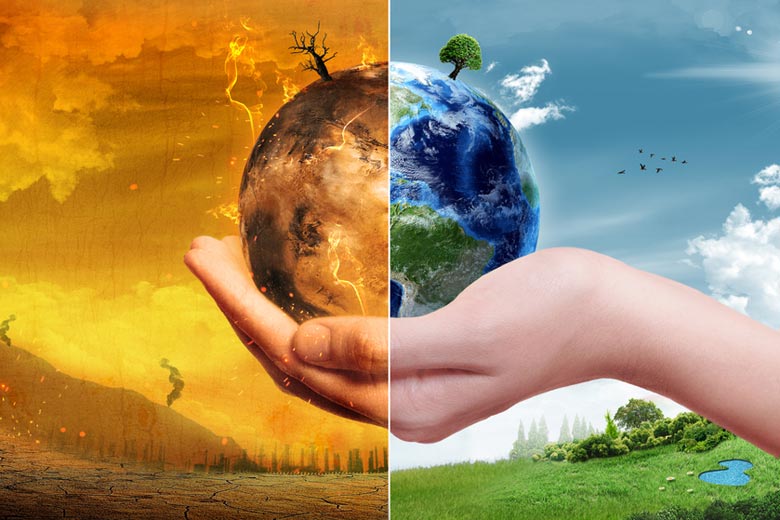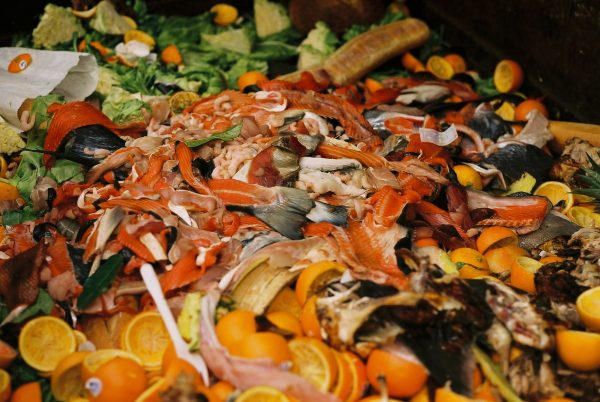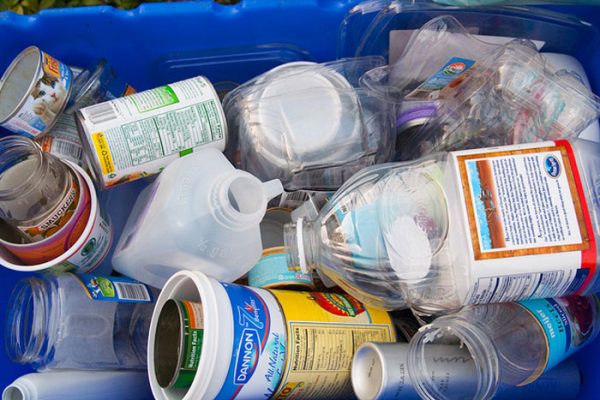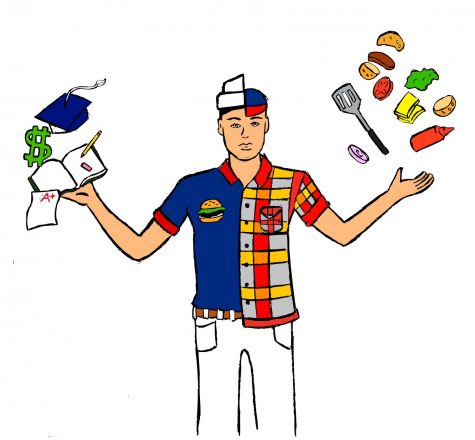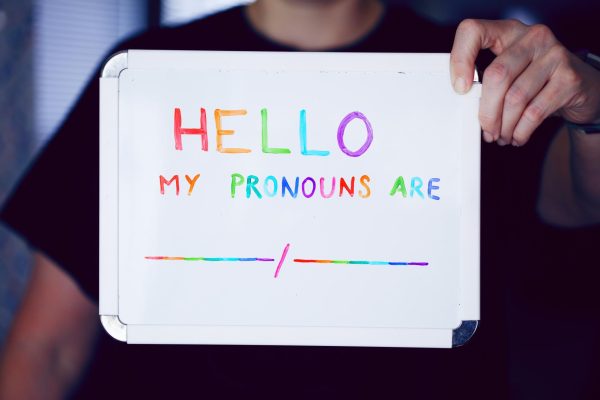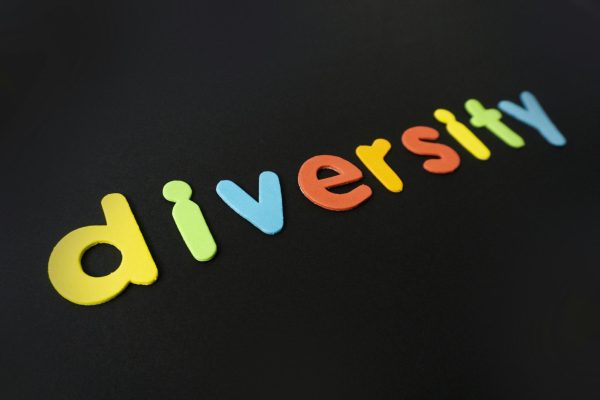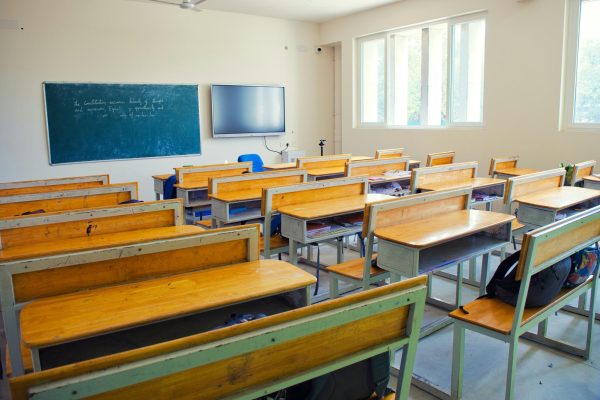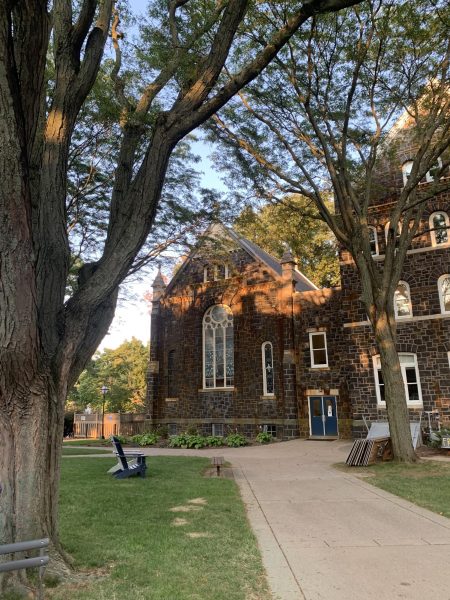How I Face the Climate Emergency: Hope
Climate change is a serious problem; environmental activist Bill McKibben has deemed it “the greatest crisis humans have yet faced.”
The gradual warming of the planet we live on — caused by humanity’s own actions, no less — threatens to render our only home uninhabitable. All of us have been confronted with this prophecy, as well as ways to prevent it from occurring. Yet the majority of us continue with our everyday routines, as if we collectively suffered from bystander syndrome.
I, on the other hand…
…have no choice but to be another bystander to climate change.
… Huh.
That’s not how these manifestos usually start, is it? I’d better explain my reasoning.
First of all, I should explain my current situation. I am currently a college student, 21 years of age, living at my parents’ suburban neighborhood house. U.S. society generally looks down on those who can’t live on their own after high school, but for someone with Asperger’s Syndrome and ADHD, it’s the best choice for me, since a drastic lifestyle change would be difficult to cope with.
I don’t have a job, nor do I have a driver’s license; the latter is due to fears regarding distracted driving, thanks to my ADHD making it difficult to focus for long periods of time. Throughout my life, my focus has always been on pursuits of the mind, such as writing, rather than those of physical strength; as a result, my body is not built for excessive manual labor.
With this context in mind, allow me to explain why, in my case, being a bystander to climate change would be best.
There are multiple paths one can take to limit their contributions to global warming, one of which is to lead a subsistence lifestyle. Wendell Berry and Helen and Scott Nearing all decided to isolate themselves as much as they could from the commercial world: they grew their own food, built their own houses, and did as much as they could to ditch currency.
Unfortunately, I’m not capable of following in their footsteps. I would need a large cash investment to buy enough land and supplies to start a subsistence lifestyle, not to mention all the bone-breaking physical work that I know I can’t handle.
If living off the land won’t work, maybe becoming an activist will. It seems like much more of a thinking man’s job, with significantly less heavy lifting, and it doesn’t look like you’d need a lot of money to start either.
Lois Gibbs became an activist after she learned that the entire neighborhood she lived in was built over a chemical dump, called Love Canal. How hard could it be? As it turns out, very hard.
Campaigning across the country, or even the world (if I even got that far), would constitute a major lifestyle change, and it would stress me significantly. Plus, I’d need a car, and as stated before, I’m afraid of driving.
Perhaps I don’t need to drastically change the way I live to make a difference in the fight against climate change. People can make various changes to their everyday lifestyles to reduce their carbon footprints, such as reducing red meat consumption and using clean-burning energy sources, such as solar panels and electric cars.
However, I feel like I’m already doing a fairly sufficient job in this regard. Again, I don’t even drive a car, much less a gas-guzzling beast; my diet includes more white meat than red meat; and anything related to power at my parents’ house is out of my control, since I’m not the one paying the electric bill.
Speaking of things that are “out of my control,” human-caused climate change often seems like it’s in the hands of corporate entities more interested in short-term profits than the long-term survival of the human race. (By the way, this is the part where my political affiliation becomes obvious; in today’s political climate, this may as well be considered opinion, especially because I’m not providing evidence.)
Fossil fuel companies not only treat their workers poorly, but manipulate scientific studies and government entities to stay economically viable. Mountains are terraformed and trees are uprooted just to get to an energy source that hurts the planet. Any consequences are escaped through the cash made from all this devastation.
The end result is a small group of people tearing up the world for money — and there’s little that a single person like me can do about it.
When faced with this horrible truth, it’s no wonder that so many simply choose to stand by while climate change affects us all. Whether it’s out of fear, despair, or laziness, the response is understandable. (Except for the last one; get to work, slacker!) I wish I could do more to help, but I’m already doing as much as I can.
No, wait… there’s one more thing I can do. I can offer up one of the most important emotions one can experience when faced with a great crisis such as this.
Hope.


